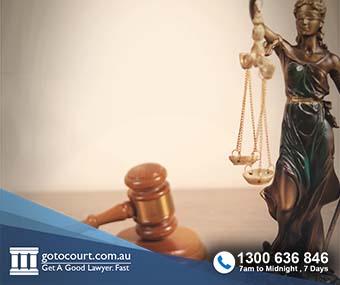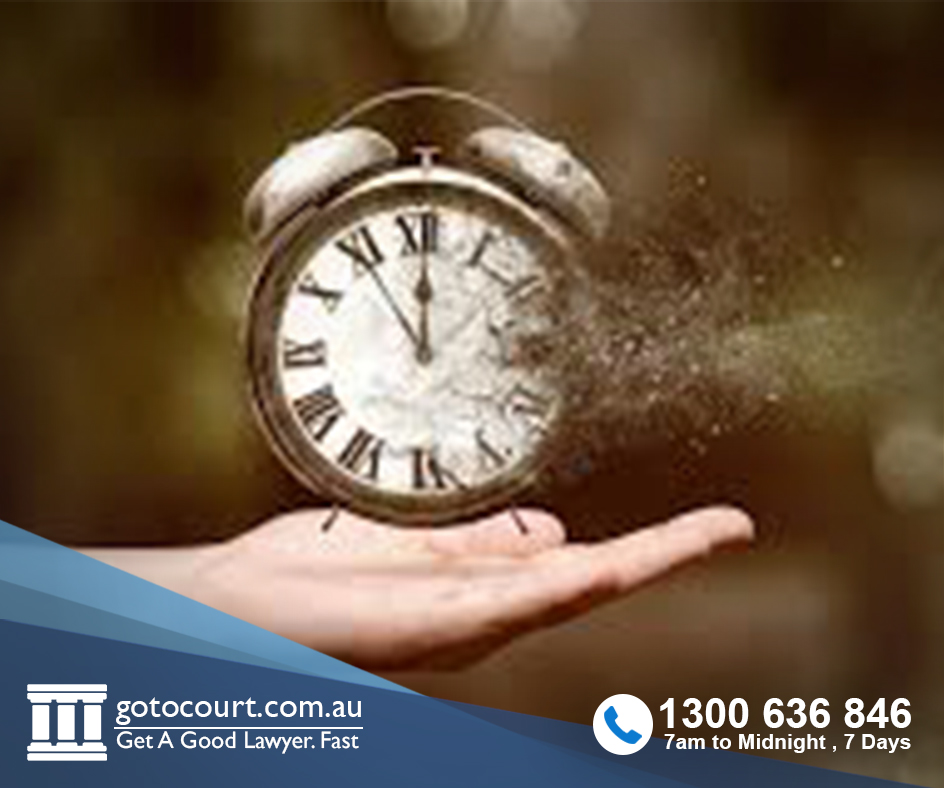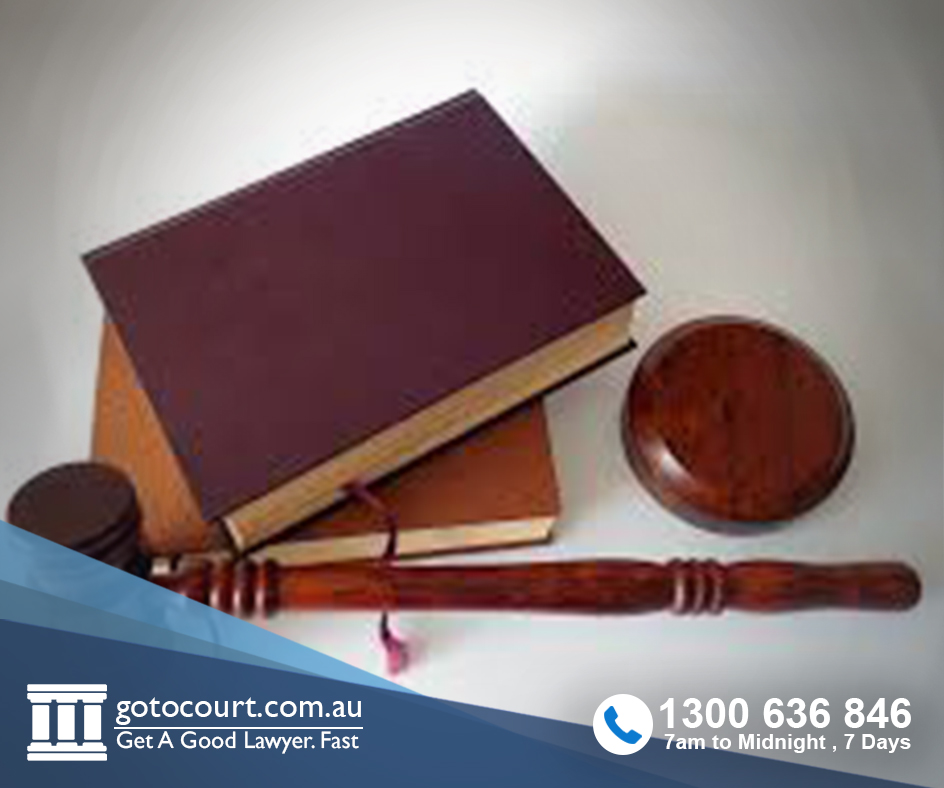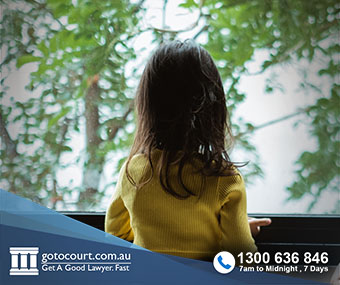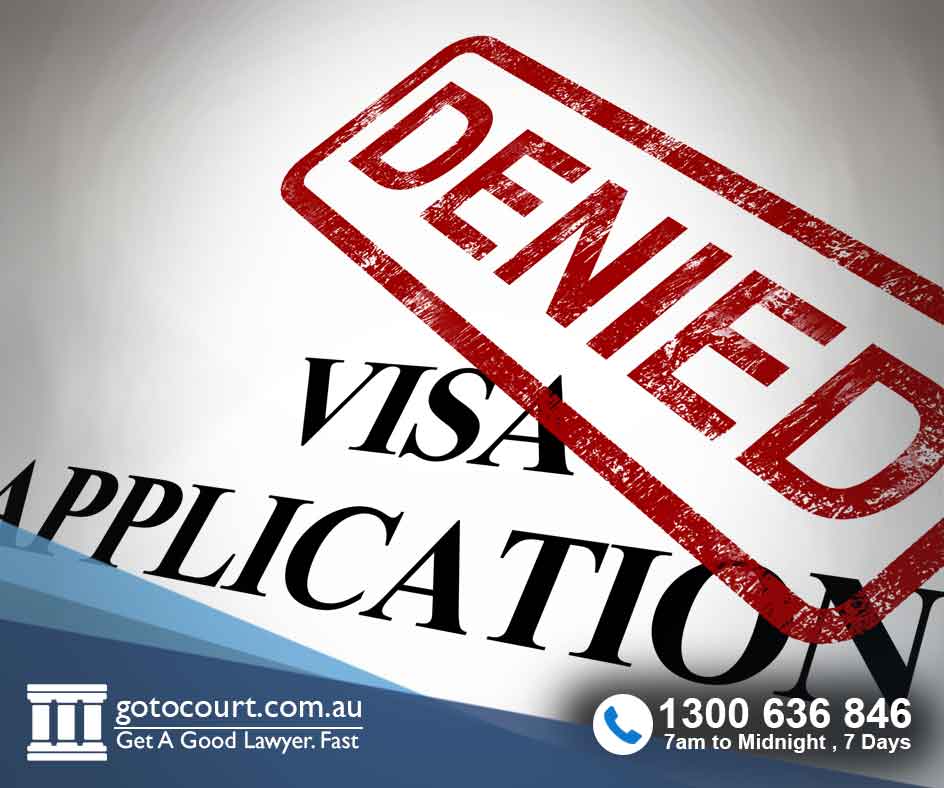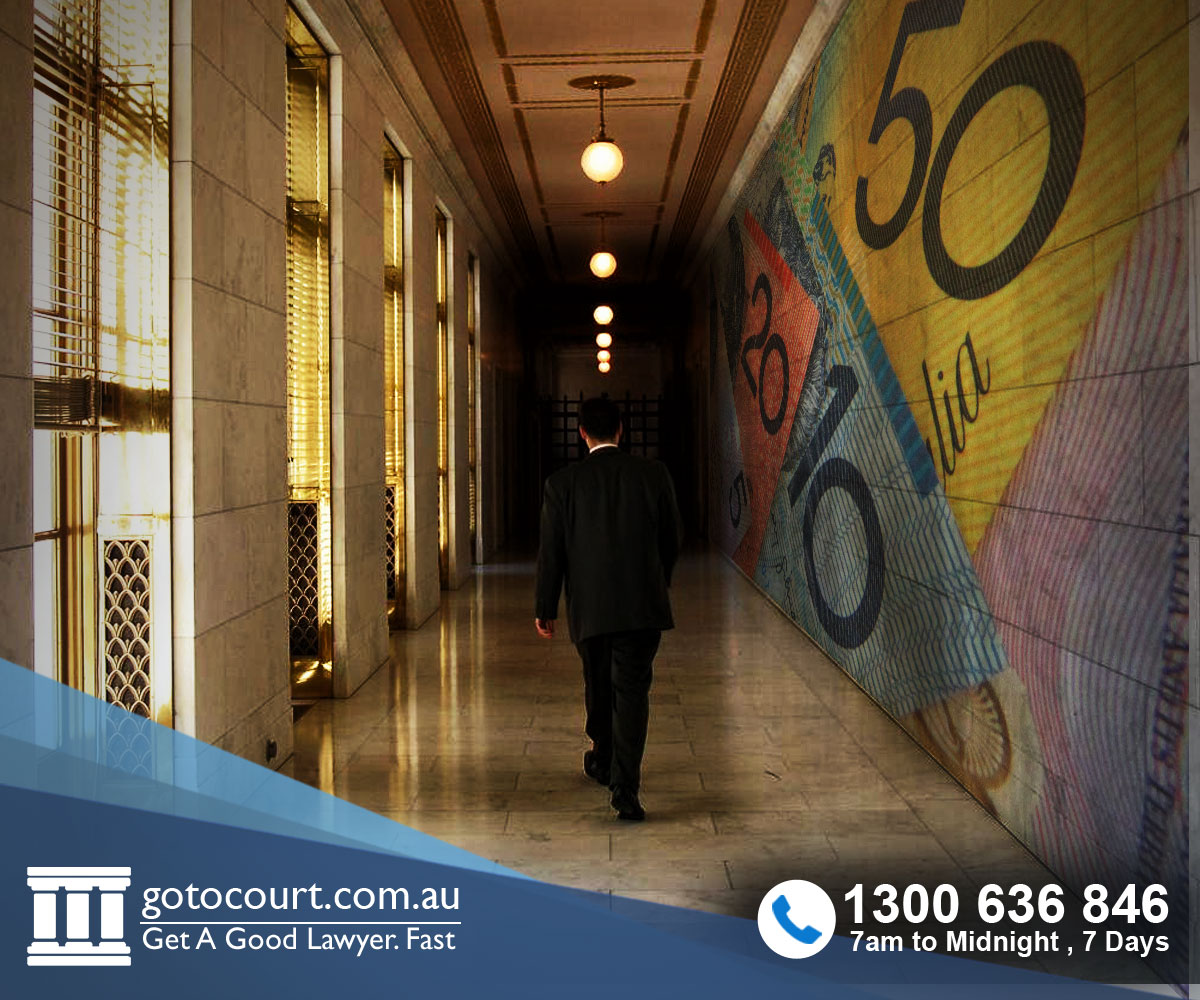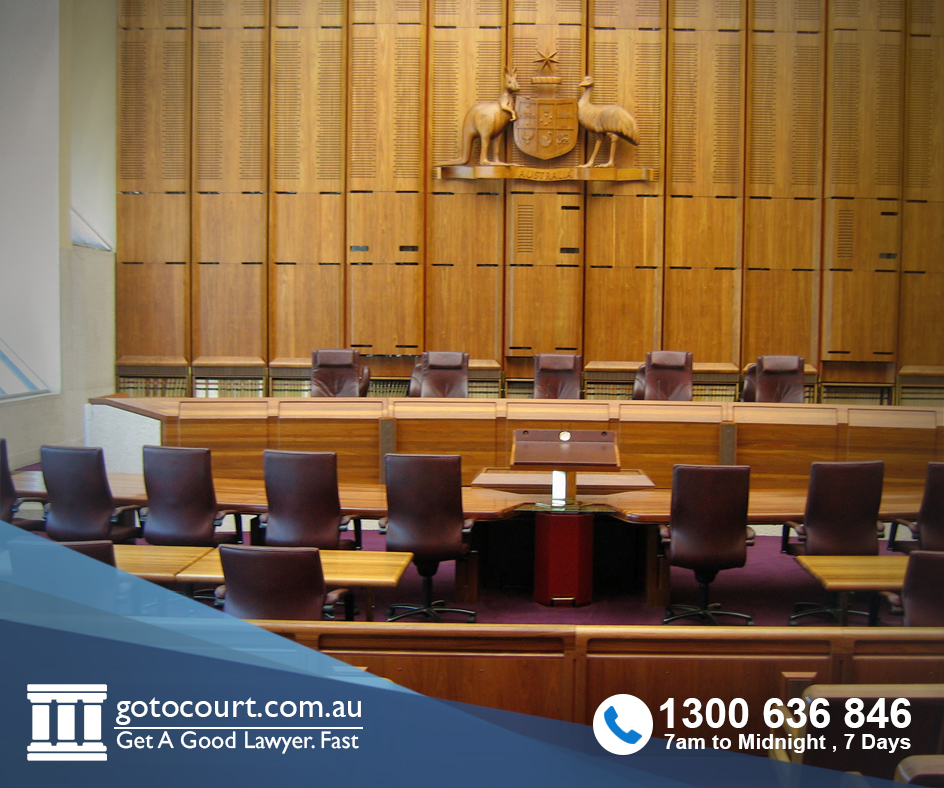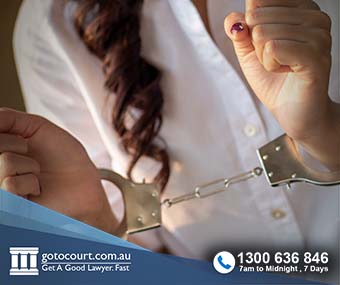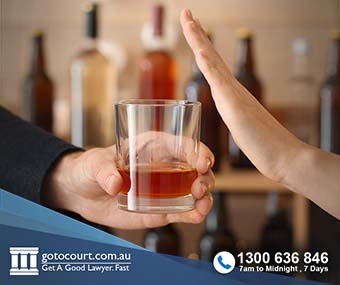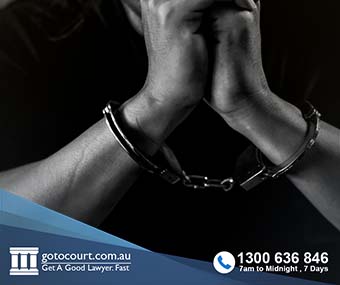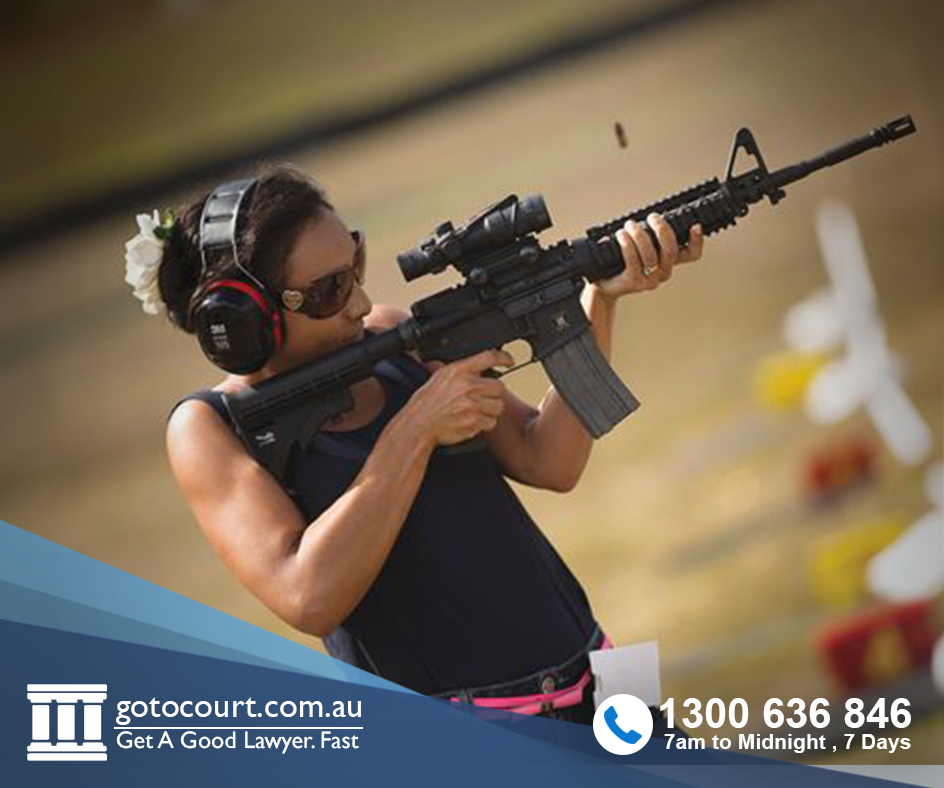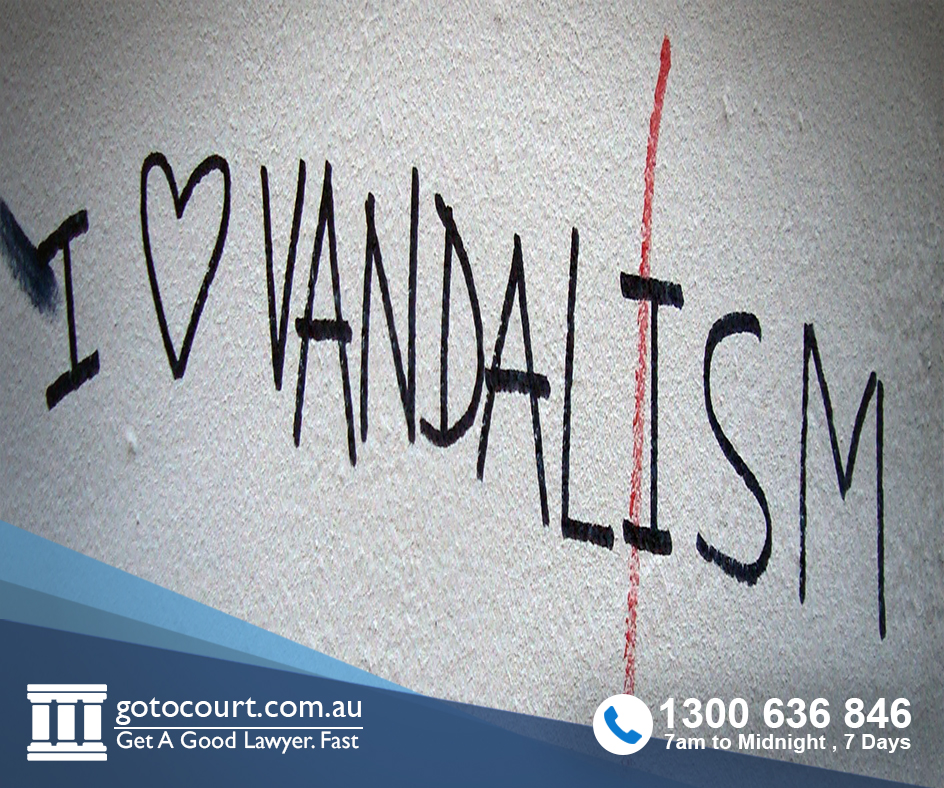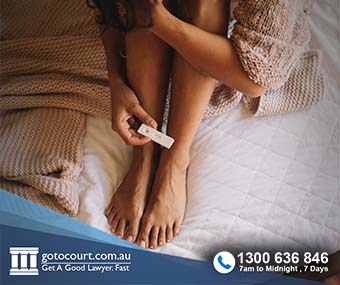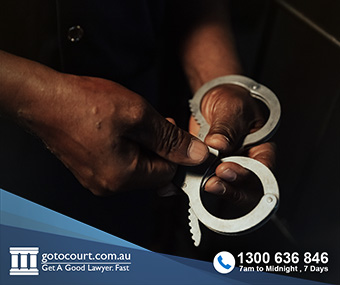Call our lawyers
now
or,
have our lawyers
call you
Assault Occasioning Actual Bodily Harm (NSW)
Updated on Dec 13, 2022 • 3 min read • 547 views • Copy Link
Assault Occasioning Actual Bodily Harm (NSW)
In New South Wales, there are a range of assault offences including common assault, assault occasioning actual bodily harm, assault causing death and assault against a police officer. This page deals with assault occasioning actual bodily harm in New South Wales.
Legislation
Assault occasioning actual bodily harm in New South Wales in set out in section 59 of the Crimes Act 1900.
What is assault occasioning actual bodily harm?
A person commits assault occasioning actual bodily harm (AOBH) if they assault a person and the person sustains harm that is more than merely transient or trifling. This may be a scratch or a bruise but does not extend to temporary redness from a slap.
Actual bodily harm is less serious than grievous bodily harm, which is a really serious injury such as a broken bone or permanent disfigurement.
AOBH is more serious than common assault, which does not necessarily involve harm to the victim and in some cases, does not even involve physical contact.
Penalty for assault occasioning actual bodily harm
The maximum penalty for assault occasioning actual bodily harm in New South Wales is imprisonment for five years. If the offence is committed in company with one or more other people, the maximum penalty that applies is imprisonment for seven years.
If the matter is finalised by a magistrate, the maximum penalty that can be imposed is imprisonment for two years.
Jurisdiction
Assault occasioning actual bodily harm is dealt with in the summary jurisdiction (in the Local Court or Children’s Court) unless the prosecution elects for the matter to be dealt with on indictment in the District Court. The defence has no say in whether the matter stays in a lower court or is dealt with as an indictable offence.
Defences
A person charged with assault occasioning actual bodily harm can rely on a number of legal defences. Some of these are outlined below.
Self-defence
A person is not guilty of an offence if they carried out the act in defence of themselves or of another person. A person may be acquitted on the basis of self-defence if they reasonably believed that their conduct was necessary in self-defence and their conduct was proportionate to the threat they believed they were facing.
Duress
A person is not guilty of an offence if they were essentially ‘forced’ to do the act by another person. The defence of duress will succeed if the accused acted only because of a serious threat if they did not comply with another person’s demand.
Accident
A person is not guilty of an assault if the act was accidental. In order to be found guilty of an assault, a person must have acted either intentionally or recklessly.
Mental impairment
A person is not guilty of an offence if they were suffering from a mental impairment that meant that they:
- Did not know the nature and quality of the act; or
- Did not know that the act was wrong.
Immature age
A person below the age of criminal liability cannot be found guilty of an offence. The age of criminal liability is 10 in New South Wales.
If you require legal advice or representation in any legal matter, please contact Go To Court Lawyers.


Affordable Lawyers
Our Go To Court Lawyers will assist you in all areas of law. We specialise in providing legal advice urgently – at the time when you need it most. If you need a lawyer right now, today, we can help you – no matter where you are in Australia.How It Works








1. You speak directly to a lawyer
When you call the Go To Court Legal Hotline, you will be connected directly to a lawyer, every time.


2. Get your legal situation assessed
We determine the best way forward in your legal matter, free of charge. If you want to go ahead and book a face-to-face appointment, we will connect you with a specialist in your local area.


3. We arrange everything as needed
If you want to go ahead and book a fact-to-face appointment, we will connect you with a specialist in your local area no matter where you are and even at very short notice.

